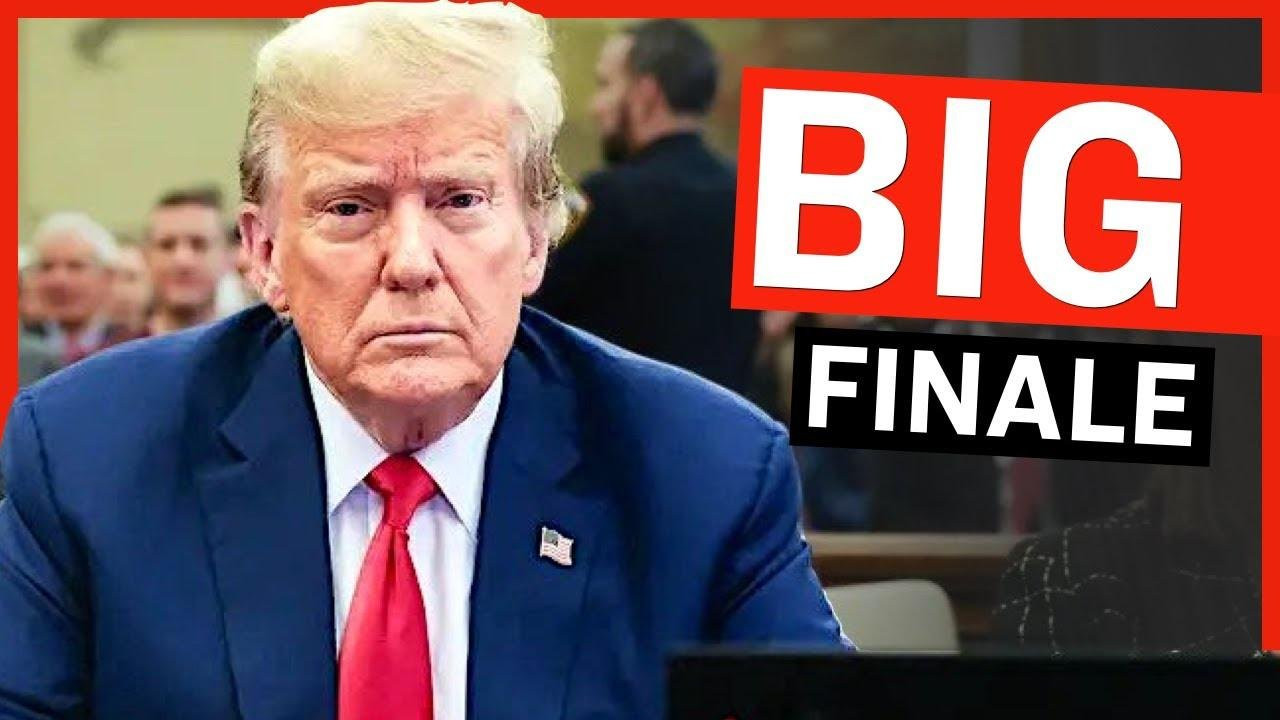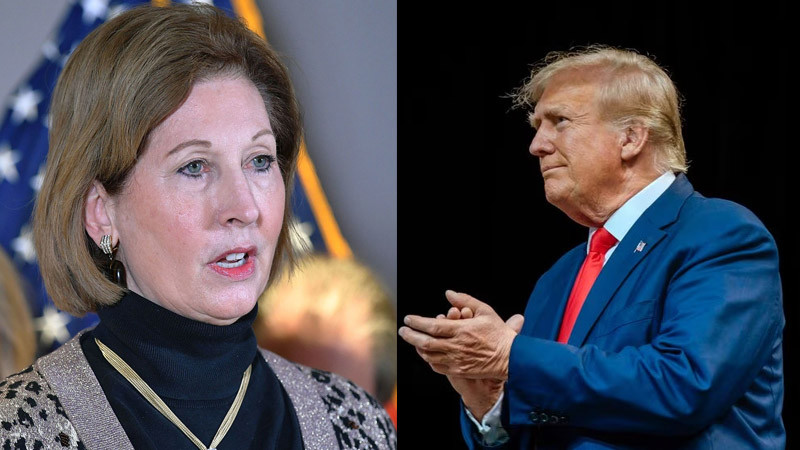Trump's Shock Move: Nationwide Assault on DEI Programs Shakes Corporate America
President Donald Trump's administration has launched a full-scale assault on diversity, equity, and inclusion (DEI) programs, sending shockwaves through corporate America and beyond. In a series of swift and decisive actions, the administration is dismantling DEI initiatives within the federal government and applying significant pressure on private sector companies to follow suit. This aggressive campaign, marked by executive orders and internal memos, represents a fundamental shift in the federal government's approach to diversity and inclusion, raising profound questions about workplace equality and the future of DEI in the United States.
The Executive Order: A Seismic Shift
The cornerstone of this campaign is an executive order signed by President Trump on his first day in office. This order calls for a complete dismantling of federal DEI programs, effectively reversing the policies of the previous administration. The order revokes a key executive order issued by President Lyndon Johnson, which aimed to protect workers against discrimination. Trump's directive not only targets federal agencies but also leverages the power of federal contracting to influence private sector practices, with the administration actively scrutinizing the DEI policies of businesses and organizations that do business with the government. The order explicitly describes DEI programs as discriminatory and insists on a strictly merit-based system for hiring and promotion.
Impact on Federal Workforce
A subsequent memo from the Office of Personnel Management (OPM) provided stark details of the administration’s plan. This memo directed federal agencies to immediately place all DEI office staffers on paid leave and dismantle all DEI-related websites and social media accounts by a specific deadline. Further, it directed all agencies to compile a list of federal DEI offices and employees and to develop a plan for their termination. The speed and decisiveness of these actions underline the administration’s determination to eliminate DEI from the federal government completely.
Targeting Corporate America: A Multi-Pronged Approach
The administration’s reach extends far beyond the federal government. The executive order and related actions also signal an aggressive campaign to pressure private sector organizations to curtail or eliminate their own DEI initiatives. This includes leveraging the Justice Department and other agencies to investigate private companies that pursue practices deemed discriminatory against non-minority groups. The administration plans to utilize civil compliance investigations to force major US contractors and public companies to dismantle DEI programs that are deemed illegal.
The Corporate Response
The pressure on corporate America is not theoretical. Several prominent companies, including Walmart and Meta Platforms, have already scaled back or completely abandoned some of their DEI programs, citing the shifting political landscape and anticipated legal challenges. This proactive response underscores the significant influence the Trump administration's actions are having on the private sector. The aggressive approach signals that even organizations that were previously considered forward-thinking on DEI are now choosing to comply with the new administration’s demands.
The Long-Term Implications: Unwinding Decades of Progress
The Trump administration's actions represent a significant threat to decades of progress toward diversity and inclusion in the United States. While many changes may take time to implement fully, the sheer scale of this initiative has alarmed many observers. Critics argue that the elimination of DEI programs will disproportionately harm underrepresented groups and widen existing inequalities in employment and other areas. The dismantling of data collection and reporting mechanisms concerning diversity in the federal workforce will make it significantly more challenging to track progress in promoting inclusion. The effort may also result in various ongoing lawsuits against programs that assist historically underserved communities.
A ‘Seismic Shift’ and the Challenges Ahead
Conservative groups are celebrating this move, calling it a necessary step to correct what they see as unfair practices that favor racial minorities and women. However, legal experts point out the significant complexities and potential legal challenges inherent in unraveling deeply embedded policies and programs. The administration faces a formidable task, requiring significant bureaucratic effort and potentially lengthy legal battles. Legal scholars have raised concerns that completely eliminating initiatives like the ban on asking about salary history could perpetuate existing pay disparities.
While the Trump administration's aim is to create a “merit-based” system, critics argue that this goal could ironically mask discrimination by inadvertently overlooking systematic barriers that disproportionately affect marginalized groups. Moreover, there is concern that undoing some established programs, especially those involving state-level block grants, could prove exceptionally difficult. The far-reaching nature of this initiative and the potential unintended consequences raise critical questions about how these efforts will be implemented and enforced in the long term.
The Future of DEI: Navigating Uncertainty
The Trump administration's attack on DEI programs has created an atmosphere of uncertainty and fear for many individuals and organizations committed to diversity and inclusion. The short-term implications are immediate and visible, with federal employees in DEI roles facing layoffs and private companies rapidly changing their approaches. However, the long-term implications are far more complex and difficult to predict. Legal experts caution that many changes might take months or years to implement completely. The final impact will depend on a variety of factors, including the persistence of these policies and how effectively the federal government and the private sector respond to the challenges ahead.
The situation remains fluid, with ongoing developments and court challenges likely to shape the future landscape. The long-term consequences of this sweeping action will significantly shape the discourse around diversity and inclusion for years to come. This situation will require careful observation and analysis.


















